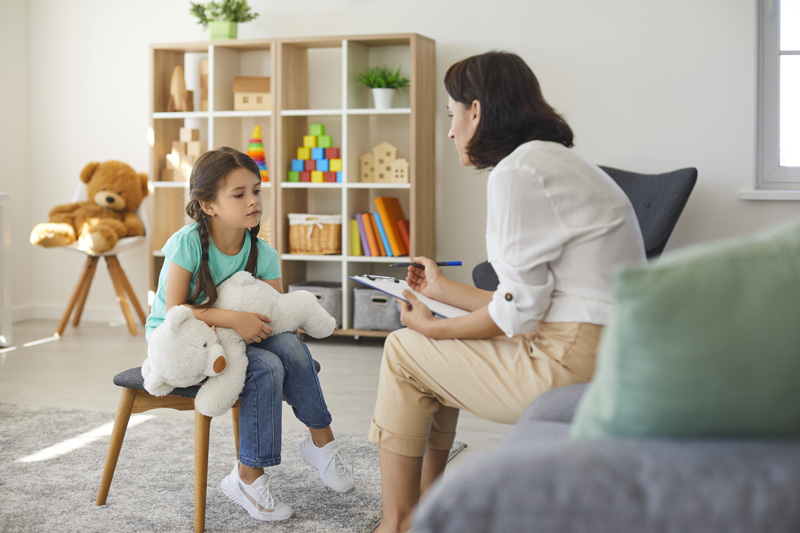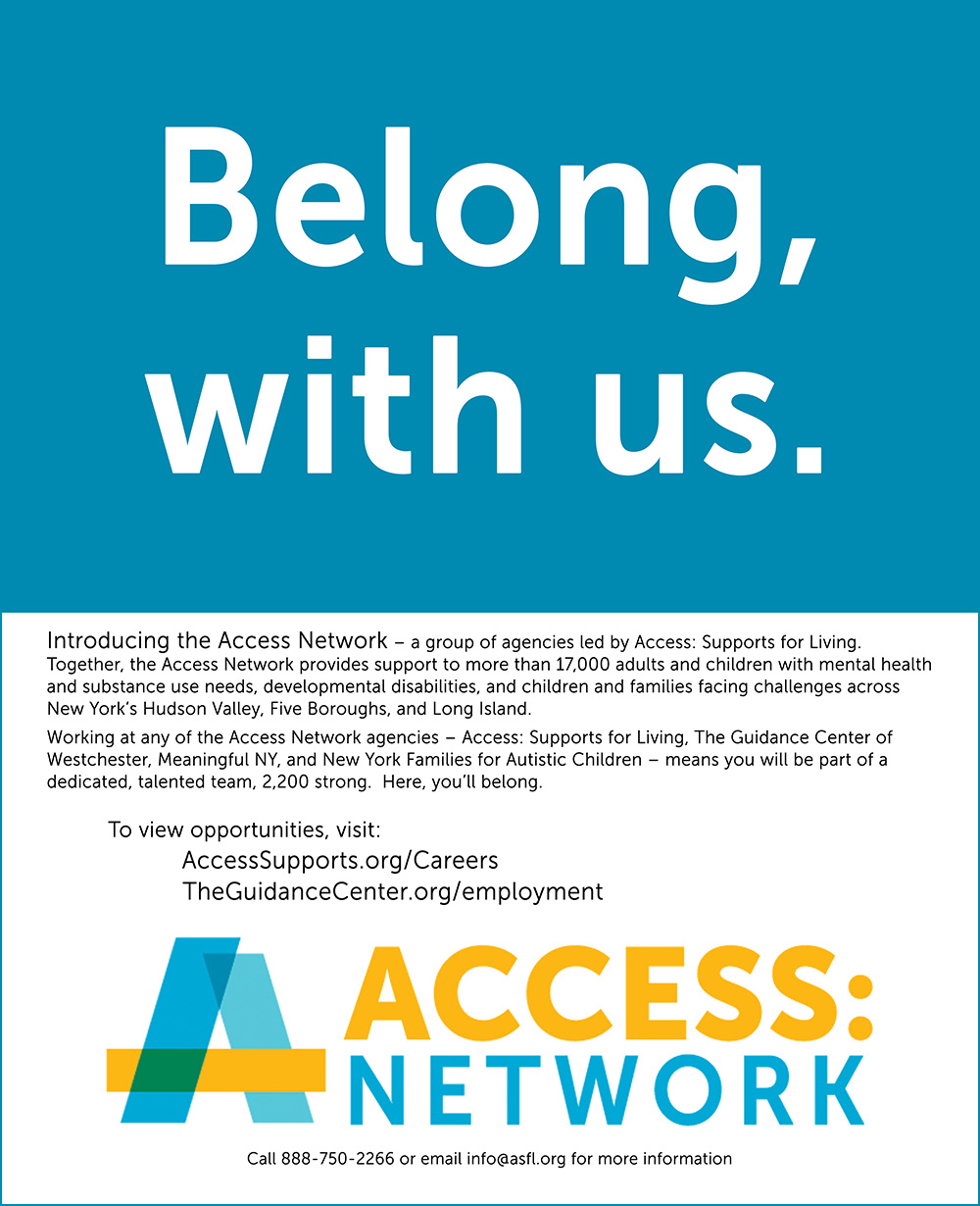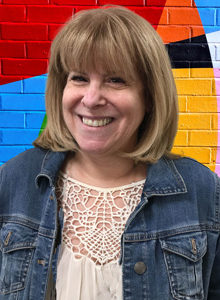Think about this: a child who turned 5 years old in March 2022 will have spent 60% of their young life in the age of COVID. Most, if not all, of the child’s active memories will be a time when traveling outside the home means wearing a mask. They were told that masks keep them safe; masks protect us; masks mean that we care about other people’s health and safety, too. Their first school experiences, if they had them, are all in the era of COVID.

As indoor mask mandates are being lifted, how is a young child – whose entire conscious recollection of life involves wearing a mask in public – supposed to process the “new,” sometimes mask-less world? How are they to interpret some people wearing masks and others not?
As an adult, we may welcome getting back to the “new old” ways; a child may have a harder time understanding it. As odd as it may seem, they may feel a loss of security, control, and comfort.
Parents and caregivers may see children exhibit a variety of behaviors: complaints of stomach aches or other pains when plans involve leaving the home; a regression with toileting, sleeping, or eating habits; acting out; crying for “no” reason; or other uncharacteristic behaviors.
Masks, however, are just one example of something which may cause very young children to exhibit symptoms of anxiety and trauma. We are living in a day when startling events from around the world are broadcast into our homes. While the troubles may be half a world away, they feel close to home.
Young children also pick up on the stress of the adults in their lives. Children may not know about the economy, inflation, or escalating gas and food prices, but they do know when their parents or caregivers are worried. Divorce rates are also rising. While this has long been a cause for behavioral issues in children, because families have spent so much time together during the pandemic, children may be more exposed to quarrels and bickering between the adults.
Too often, parents are at a loss when it comes to identifying their child’s social-emotional development and assessing behaviors. Parents aren’t sure what is typical versus what may need a little guidance and coaching. And then they don’t know where to go for help. This is why The Guidance Center of Westchester (TGCW) opened the only OMH-licensed mental health clinic solely dedicated to the needs of young children (up to 5 years old), their siblings, and their families.
With a history rooted in supporting children and families, TGCW is particularly well positioned as an important resource for families when it comes to behavioral health care needs. Our clinical team consists of early childhood behavioral health specialists (LMSW and LCSW), and we are able to provide services in English, Spanish, and Portuguese.
We strive to provide families with the tools to handle inevitable setbacks and challenges of life in a safe, constructive way, now and in the future; decrease behaviors that interfere with learning; increase the child’s ability to manage and regulate feelings and behaviors; improve social/emotional skills, build resiliency, improve self-esteem, and encourage self-regulation; improve family relationships so that the child feels safe and secure; increase positive interactions and communication between parent and child.
We provide evidence-based treatment and group treatment modalities:
- Child Parent Psychotherapy (CPP), an intervention model for children aged 0-5 who have experienced traumatic events or mental health, attachment, or behavioral challenges. The central goal of CPP is to support the parent-child relationship to restore and protect the child’s mental health
- Play Therapy, a specialized way to gain needed insights into behavior. Through Play Therapy a child explores emotions and deals with unresolved trauma or behavioral issues using games and other play materials. Children learn new coping skills and how to redirect inappropriate behaviors.
- Family and Sibling Support helps improve communications skills, facilitates understanding of the behavioral issues, teaches how to resolve conflicts in a healthy way, and provides siblings with a safe space to verbalize their own feelings and reactions.
- Parent Groups provide support on accepting and understanding their child’s social-emotional issues.
Early intervention in addressing any challenges is the key to positive, long-term outcomes. Our early childhood mental health clinic is currently open two evenings a week. We have 15 children enrolled and a waitlist. We have hired an additional clinician and plan to expand our hours to include additional evenings and Saturdays. You can learn more at www.TheGuidanceCenter.org.
The Guidance Center of Westchester is part of the Access Network – a group of agencies led by Access: Supports for Living. Together, the nearly 2,200 staff of the Access Network provide support to more than 17,000 adults and children with mental health and substance use needs, developmental disabilities, children and families facing challenges, and those who need support with housing and employment across New York’s Hudson Valley, the five boroughs of New York City, and Long Island.
Iva Jenkins, LCSW, is Director of Early Childhood Behavioral Health Services at The Guidance Center of Westchester, an affiliate of Access: Supports for Living. You may reach her at (914) 613-0700 x7031 or by email at EarlyChildhood@TheGuidanceCenter.org. Please visit our early childhood website: www.TheGuidanceCenter.org/earlychildhood.








